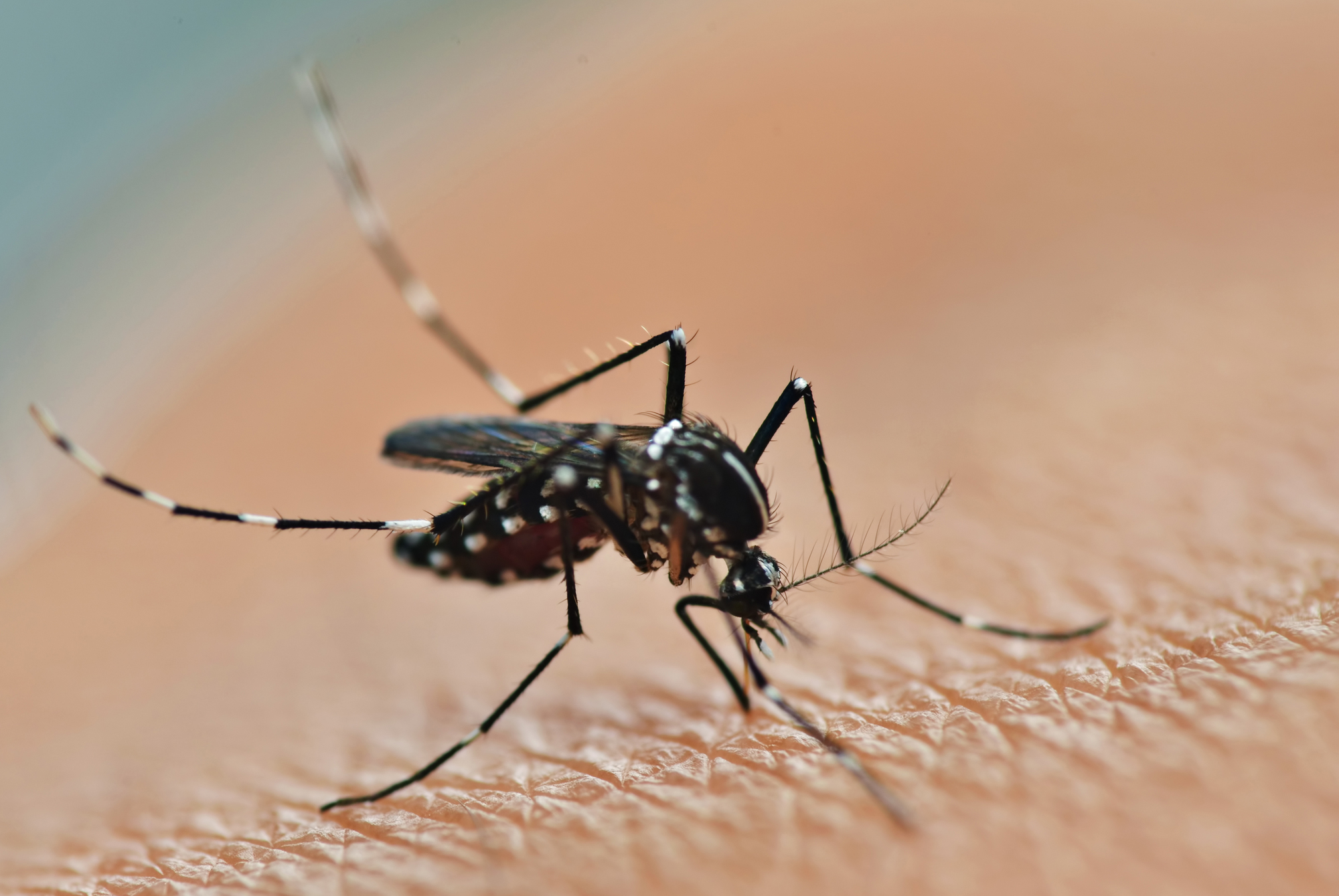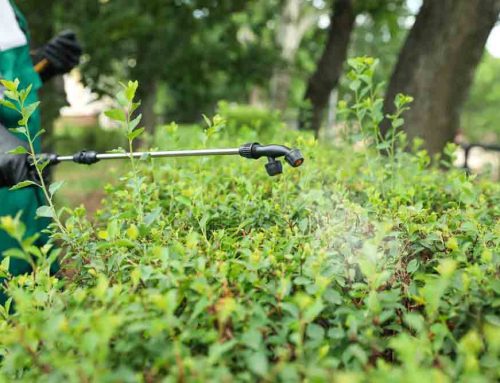Now that spring has arrived and your garden, trees, shrubs, and lawns are starting to grow again, all this activity will be sure to attract insects. While some are there to help, other insects don’t do your garden or lawn any good. That’s when you know it’s time or insect control strategies. Plus, what you do now in the springtime can help control insects the whole year round.
To get started, it’s important to know that there are three general strategies you can use for garden insect control. These include physical controls, live controls, and packaged controls. Although each insect control strategy is good, you need one that fits your type of garden and insect issues. This is where it can help to have a professional assist you with your garden and lawn maintenance as they are adept at understanding the best inset control strategy to implement.
First, physical pest control manually removes insects. For example, this can involve cutting the larvae of cottonwood borers out of trees or shrubs. Or, soil covers can be placed around your plants’ roots. This strategy for insect control can prevent maggots from reaching these roots and destroying the plants.
Second, live pest control uses the power of nature to eliminate insects. This involves introducing certain insects that feed on the insects that are destroying your plants. For example ladybugs and praying mantises take care of aphids.
Third, you can control insects by using chemicals or packaged pest control products. Focus on non-toxic products before opting for the stronger chemicals.
You can also opt for some other alternatives for pest control to help keep insects away from your gardens and lawns the whole year round.
These include electronic pest control techniques, including the use of ultrasonic frequencies. Also, you may want to consider organic pest control products that use citric acid or garlic to kill insects.
Sesame oil, thyme oil, and clove oil are integral to other types of organic alternatives for relief from pest infestations without damaging your garden.






